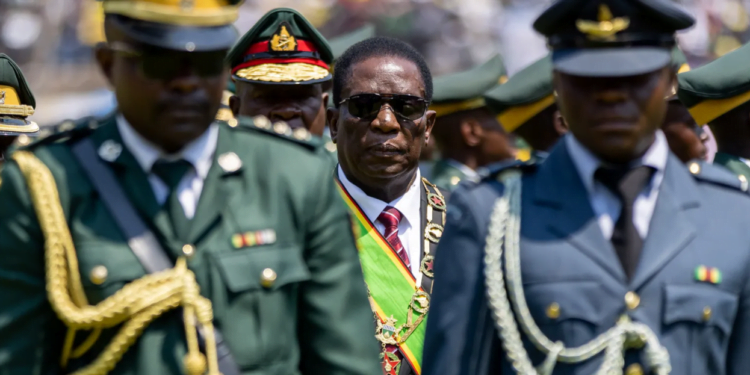Zimbabwe’s ruling party, Zanu PF, is developing a formal social media policy to regulate its members’ behaviour on digital platforms.
President Emmerson Mnangagwa revealed this initiative during his address at the 125th Ordinary Session of the Central Committee, which was held at the party headquarters.
The proposed policy framework aims to establish clear guidelines for digital communication among party members, addressing growing concerns about the misuse of online platforms.
“A social media policy is already under consideration,”
President Mnangagwa stated, emphasizing its importance in the contemporary political landscape.
Objectives of the New Social Media Policy
The forthcoming regulations will serve three primary purposes: protecting the party’s digital assets and communication, establishing standards for online conduct, and creating accountability mechanisms for digital activities.
“This will secure, regulate and govern the conduct of our communication and activities in the digital space,” the President explained .
The policy represents Zanu PF’s proactive approach to adapting traditional party discipline to the challenges of the digital age.
Central Committee Urged to Maintain Party Discipline
President Mnangagwa, who serves as Zanu PF’s First Secretary, called upon Central Committee members to remain vigilant in upholding the party’s established rules and procedures. His address highlighted the importance of maintaining organizational discipline across all platforms, including emerging digital channels.
“I commend the party for the bold and timely decision to tighten our policy frameworks and code of conduct,”
Mnangagwa acknowledged the leadership’s efforts to modernize party governance structures. The move comes as political organizations worldwide grapple with the challenges and opportunities presented by social media platforms.
ALSO READ: In Pictures: General Sanyatwe Sworn In As Minister Of Sports, Arts and Recreation
The closed-door session of the Central Committee is expected to address multiple critical issues beyond digital governance.
As Zimbabwe’s political landscape continues to evolve with technological advancements, this policy may set important precedents for how political organizations manage their digital footprint while maintaining traditional party structures and discipline.










